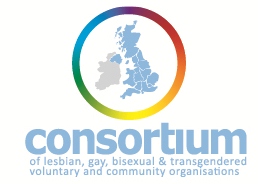Factsheet for trans and non-binary people on mental health and wellbeing.
Extract from document
Being trans, non-binary or non-gender and any discomfort you may feel with your body; with the mismatch between your gender identity and the sex originally registered on your birth certificate; your place in society; or with your family and social relationships is not a mental illness. Gender dysphoria is the medical term used to describe this discomfort. Trans people are likely to suffer from mental ill health as a reaction to the discomfort they feel. This is primarily driven by a sense of difference and not being accepted by society. If you wish to transition and live in the gender role you identify with, you may also worry about damaging your relationships, losing your job, being a victim of hate crime and being discriminated against. The fear of such prejudice and discrimination, which can be real or imagined, can cause significant psychological distress. This is known as ‘minority stress’ and describes the social pressure experienced by a minority group within a broader community. Worries about health and other services and being able to access them cause further stress. All these factors may create a series of compounding mental health problems









